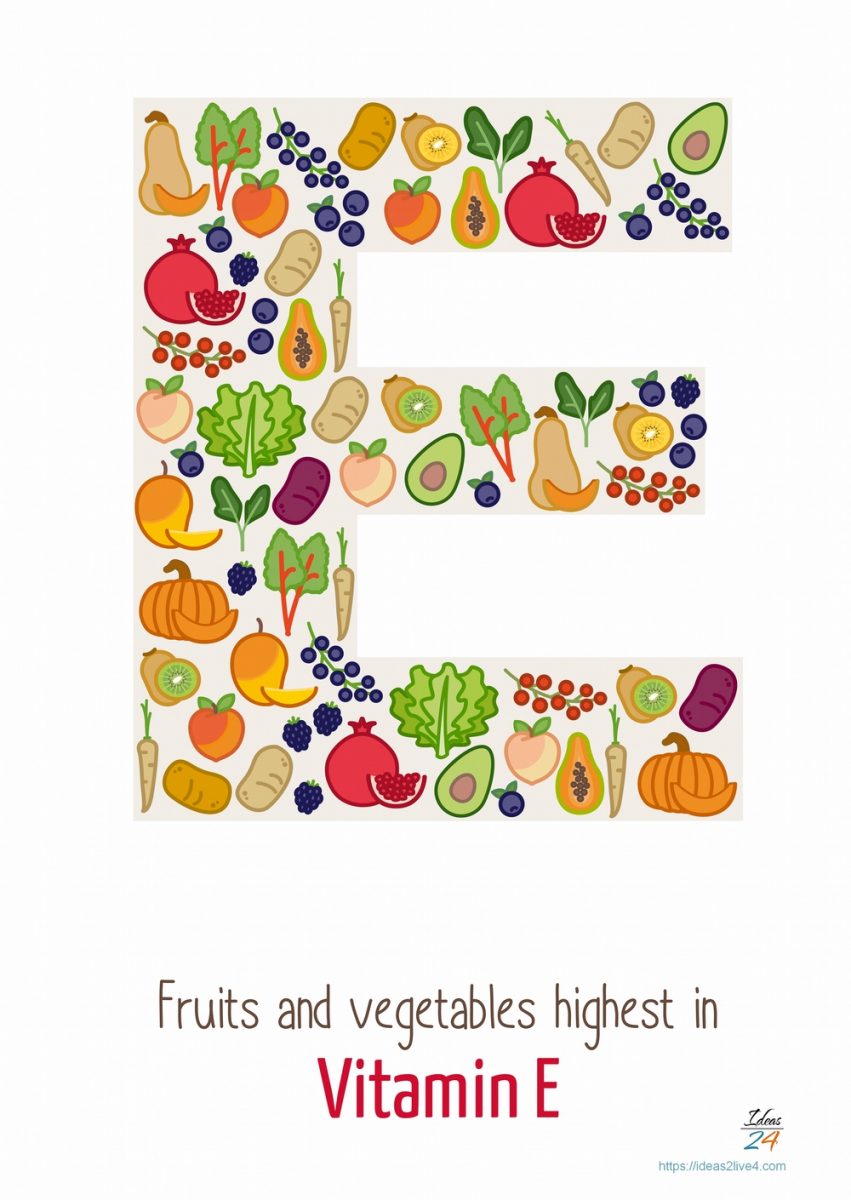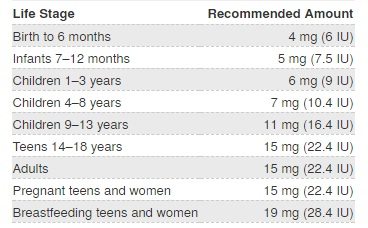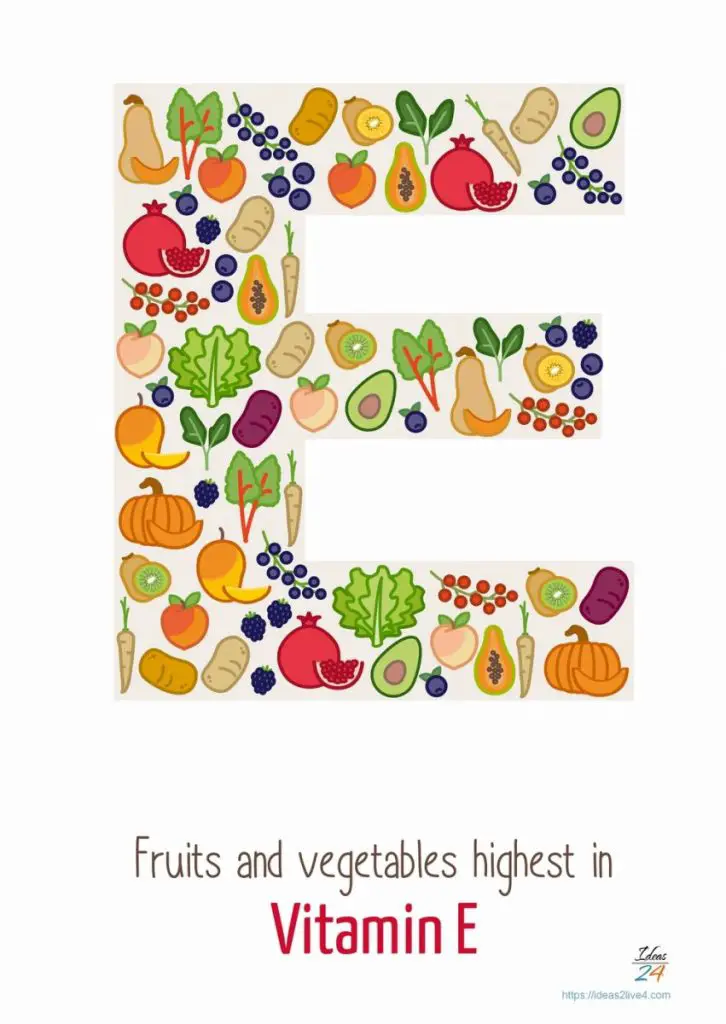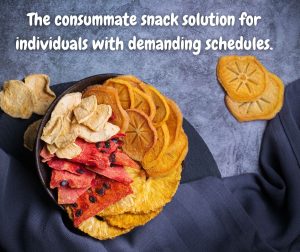If you want healthy eyes, glowing skin, and a stronger immune system, you want to make sure you’re getting enough vitamin E in your diet. Not only that, vitamin E has antioxidant properties which help protect your cells from damage brought about by free radicals. You’ve heard about free radicals, of course – freely circulating molecules implicated in the development of many diseases, from arthritis to heart disease, diabetes to cancer.
We don’t want free radicals in our body. So it’s a yes to vitamin E.
Contents
The Basics of Vitamin E
The benefits of vitamin E are all-encompassing. From the outside, it makes your skin healthy as it helps improve elasticity and moisture. At the same time, it strengthens capillary walls and reduces inflammation, repairing skin damage from the inside.

The antioxidant properties of vitamin E also decrease the impact of environmental damage to the hair. Because it promotes proper blood circulation, it makes the hair healthy and shiny while preventing dry, flakey scalp.
Vitamin E enhances physical endurance, reduces oxidative stress, improves muscle strength, and increases energy levels. If you are an athlete, or if you simply love to work out, you’ll benefit greatly from including vitamin E in your diet.
Internally, this vitamin balances cholesterol levels in the blood. It also regulates the functions of the endocrine and nervous systems, thereby playing a role in hormonal activities.
People who are prone to age-related macular degeneration and Alzheimer’s disease need to make sure that they are getting enough vitamin E.

Why You Need More Vitamin E
Vitamin E is fat-soluble; fats are essential in order for the body to absorb the vitamin. Any condition that does not allow fat absorption will ultimately cause vitamin E deficiency. Examples are abetalipoproteinemia, short bowel syndrome, and cystic fibrosis.
Going on a low-fat diet or having poor dietary habits – not eating foods that are rich sources of vitamin E – may also cause deficiency. Symptoms include:
- Anemia
- Cognitive decline
- Difficulty in maintaining balance
- Digestive problems
- Dry skin
- Hair loss
- Leg cramps
- Muscle atrophy
- Muscle weakness
- Painful, numb or tingling sensation in the extremities
- Poor wound healing
- Skin irritation
- Vision problems
- Weakened immune system
Taking Too Much Vitamin E
Taking dietary vitamin E is not harmful. But taking it in supplement form, in high doses, greatly predisposes you to bleeding. This is because vitamin E has an effect on blood clotting as it reduces the blood’s ability to form clots. People who are about to undergo surgery need to stop taking vitamin E supplements because of the risk of hemorrhage.
Sources of Vitamin E
Here are some of the richest sources of dietary vitamin E:
- Sunflower seeds (33.41 mg per cup)
- Almonds (32.98 mg per cup)
- Hazelnuts (20.29 mg per cup)
- Plain, uncooked wheat germ (18 mg per cup)
- Mango, 1 whole raw (3.02 mg)
- Avocado, 1 whole raw (2.68 mg)
- Butternut squash, cooked & cubed (2.64 mg per cup)
- Broccoli, cooked (2.4 mg per cup)
- Spinach, ½ cup cooked or 2 cups uncooked (1.9 mg)
- Kiwifruit, 1 medium (1.1 mg)
- Tomato, 1 raw (0.7 milligram mg)
Are you getting the vitamin E your body needs? You can download and print a large format version of our Vitamin E graphic here…
This is just one of a series of posts on vitamins starting with vitamin A here…






